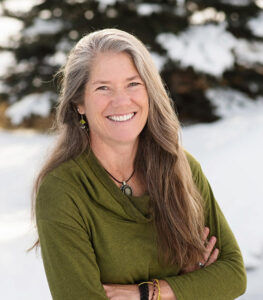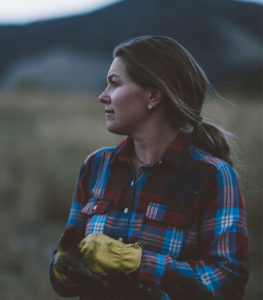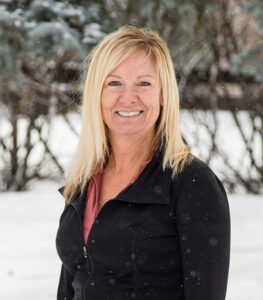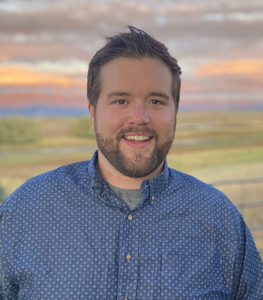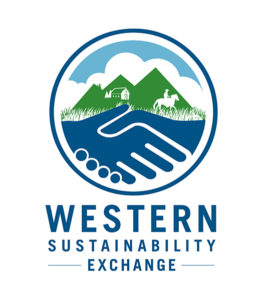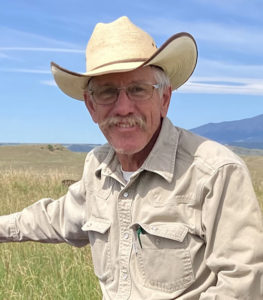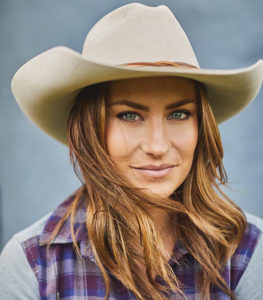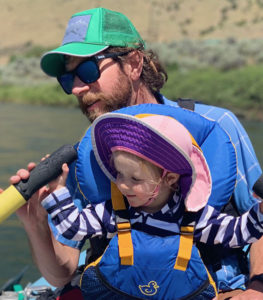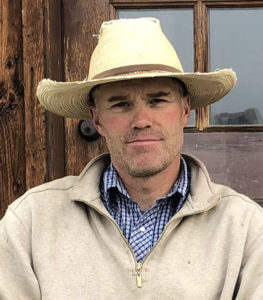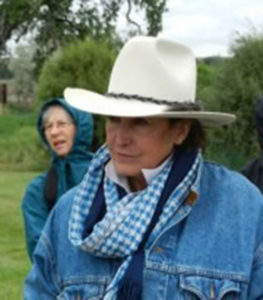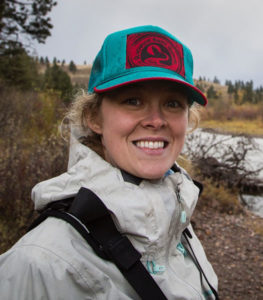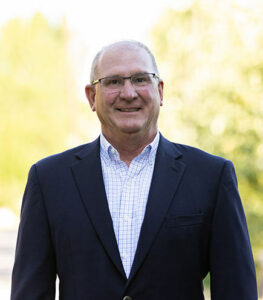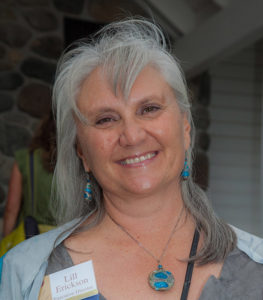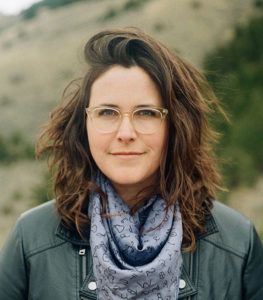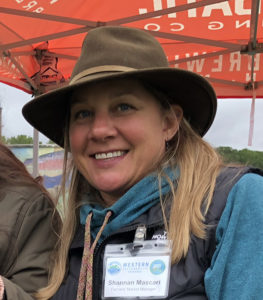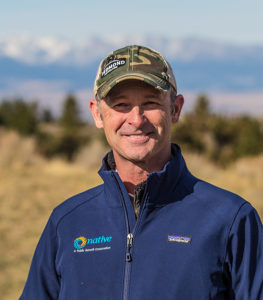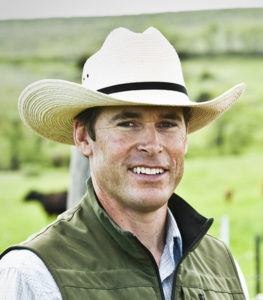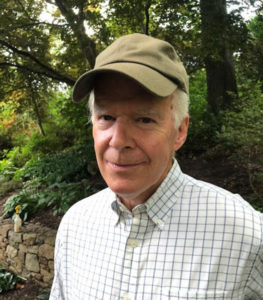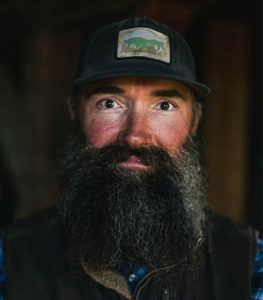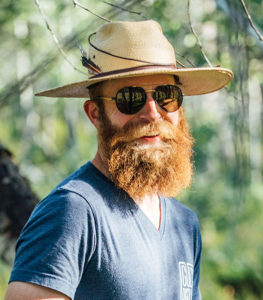On Earth Day, Cooper Hibbard, 4th generation member of the Sieben Live Stock in Cascade, Montana, hosted the last winter grazing workshop of the season. As usual, attendees came away with an extremely useful firsthand experience.
Six years ago, management realized they had hit a bottleneck in their stocking rate and available grass and decided to transition to a non-selective winter grazing program. As defined by Cooper, “non-selective grazing is grazing in a way that every single plant is affected. When every plant is affected, they’re all put on a level playing field. The plants that outcompete in that scenario are the plants with the deepest root systems and the most leaf area, your solar panel, which happen to be your desirable species.” He explains that you start growing more desirable plants and thus more feed by default.
As impressive as this process is to see firsthand, it is not without other nuances. For instance, during the worst drought in years, the ranch had to buy cattle because they had too much grass. Is that actually a thing? “We don’t know what the ceiling is in this,” he explains. “In the driest year my uncle can remember, we increased our forage production by 680%.”
So how can you strive for similar results? Cooper can attribute much of their success to six simple rules of thumb:
- Move when the cows are full
- When in doubt, move them!
- Feed on the front end of storms
- ALWAYS have good water available
- If the cows are picking up litter off the ground, you stayed too long
- If choosing between animal performance and ecological benefit, choose animal performance.
Move when the cows are full.
“We’ve made this mistake in the past, sometimes year after year after year,” Cooper states. “When we moved them when they were hungry, that cultivated negative behavior and animal performance started to decline.” Cooper further explains that it is best to move on a full belly when the cows are content. They won’t fight the fence nor fight with each other, causing them added stress. “If they’re hungry for four hours every day for 150 days a winter, that has a serious compounding effect.”
When in doubt, move them!
“It may not seem like a big deal now, but I know that from decisions I’ve made, cows have sloughed calves or absorbed fetuses or weren’t able to breed back that following fall,” Cooper admits. The importance of not getting stuck in the conservation mindset of ‘these cows have to work for me’ is imperative, which he has seen way too many times. It affects animal performance and thus the bottom line.
Feed on the front end of storms
“We waited and fed during a storm, and we easily lost half a point in body condition.”
This way of thinking is definitely an old mindset. The cows can graze before the storm. They’re getting good feed. You shouldn’t waste hay on them beforehand, right? Wrong. What is the saying, “An ounce of prevention is worth a pound of cure?” Perhaps you give them more hay than you anticipated, but being proactive will decrease your inputs and maintain animal performance in the long run.
ALWAYS have good water available
Because Sieben Live Stock is non-selective grazing, their cows eat decadent grass and have a gut full of dry feed, so they must have adequate water for digestion. Cooper recalls when they learned this the hard way. “It was an April snowstorm, and we had cows dying from dehydration in this field. That’s worse than making your cows go hungry.”
Since that episode, the ranch has developed a better water system in the pasture, making it more productive. Cooper admits the improvement paid for itself in only a year and a half, a mistake he will never make again.
If the cows are picking up litter, you’ve stayed too long.
Plain and simple, “if they’re eating litter that’s been pressed into the soil, you’ve stayed too long.” Even though it may seem minute, if they take too much, the ground won’t have as much cover, and the soil microbes won’t get the added nutrients.
Choose animal performance
“I would strongly encourage you to choose animal performance because you have to stay in business. You can always come back next year,” Cooper states.
For example, the ranch had Club Moss in a field that they wanted to bust up, but the timing wasn’t going to work. The cows would have had to stay in the paddock for five more hours to remedy the issue. This would have decreased animal performance, so it was decided to tackle it next year.
“That even when you think you’ve done irrefutable damage, Mother Nature has a way of correcting herself. Some mistakes may set your progress back, but not enough to ever warrant giving up animal performance.”





